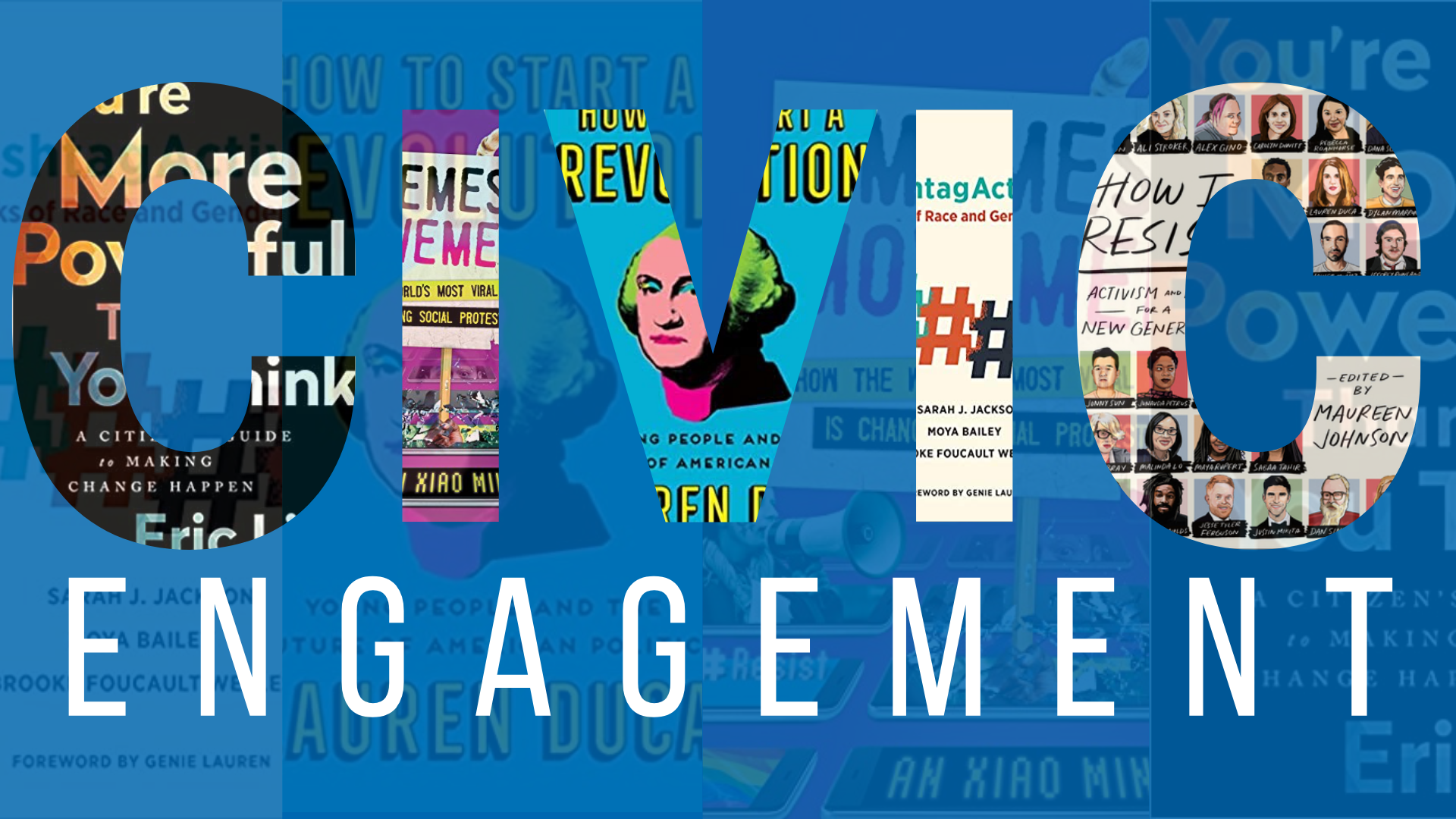Young people across America seem to be developing a reputation for advocating to vote the most out of every other American generation. One of the biggest perpetrators in creating a sense of urgency to vote is social media. Unlike generations prior, young people now have greater access to media across the country, and they can spread ideas extremely faster than newspapers or news broadcasts could do 20 or so years ago.
In the months leading to the election, many social media accounts and celebrities highly encouraged people to go out to vote. These social media accounts created a sense of urgency for the voice of the people to be heard., as slogans such as “Vote or Die” spread like wildfire. Without social media pestering the younger generation to vote, I do not think civic engagement would be as important as it is today. Moreover, the use of social media to encourage protests has grown drastically amongst the younger generation.
I think a lot of the urgency to participate in civic engagement is highlighted by peer pressure. There is a great sense of peer pressure to participate in civic engagement due to social media and the want to “fit in” with the rest of society.
Though the older generations most likely felt some sort of pressure to fit in, they were not necessarily exposed to judgemental strangers on the internet. For young people, social media seems like an accurate representation of society, and if you do not fit in with the ideals shown on social media, you’re an outcast. Not many people want to feel outcasted by society. Because social media advocates for civic engagement, many young people feel pressured in participating. For example, the arrest/murder of George Floyd most likely would not have sparked so many protests without the use of social media.
Apart from social media, news outlets and schooling can further push young people to be more civically engaged. Some news outlets pressure their audience to engage in civic activities, and if more young people tuned in, they may feel a greater sense of urgency to be engaged. Moreover, if schools advocated for student engagement in civic activities, even more young people would participate. Schools also pressure young people to stick to the status quo and do what everyone else is doing. I’m not saying that this is a great idea, mixing politics with general schooling, but it would pressure more students in engaging in civic activities.
Lastly, destigmatizing civil engagement will further encourage the young generation to participate. Though I can’t speak for others, civic engagement seems to be such an argued over topic that goes hand in hand with our country’s polarization of political parties. This year, the broadcasts of protests made the line clearer between Democrats and Republicans, as well as the opposing opinions on methods of voting, which made civil engagement seem more at the heart of conflict rather than the heart of change. I think a lot of young people would feel more encouraged to engage in civil activities if it became less about political parties, and more about our quality of life by creating more open discussions and lessening the stigma around some civic activities.
